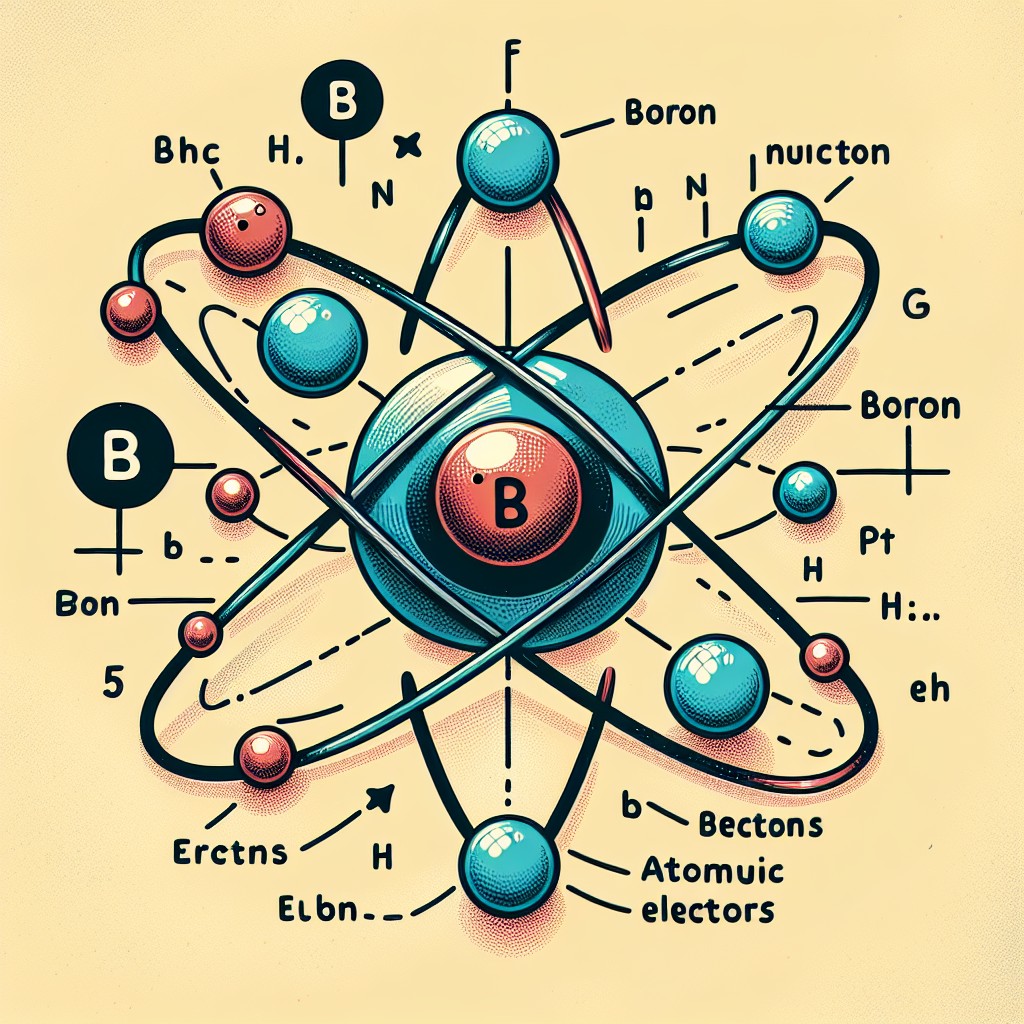| Date | Type | Event |
|---|---|---|
| 1946-01-10 | In 1946 the first meeting of the United Nations convened in London, England. The founding document, the United Nations Charter, was signed on June 26, 1945, in San Francisco by 51 nations and came into force on October 24, 1945. The same fifty-one nations attended the first general assembly held on this day in 1946 at Methodist Central Hall, Westminster. The United Nations replaced the League of Nations that disbanded shortly after World War I having failed in its main task of preventing global conflicts. It now has 193 member states, representing nearly all recognized sovereign nations with many more responsibilities. The Security Council is Responsible for maintaining peace and security. It has 15 members, including five permanent members with veto power (China, France, Russia, the UK, and the US) and ten elected members. The veto power of the five permanent Security Council members is often seen as undemocratic and can lead to gridlock. Despite the failings of the Security Council the UN has many more responsibilities which aid the world including the Economic and Social Council (ECOSOC) which Coordinates the UN’s economic, social, and environmental work and oversees specialized agencies like the World Health Organization (WHO) and the United Nations Educational, Scientific and Cultural Organization (UNESCO). The UN is also responsible for the International Court of Justice (ICJ). Based in The Hague, it settles legal disputes between states and provides advisory opinions on international legal issues. | |
| 1946-04-20 |
the League of Nations was dissolved on this day. The League of Nations was formed at the end of World War I with the primary purpose of preventing another conflict of similar magnitude. After the End of World War II it was evident that the League of Nations had failed but however it was the precursor to the United Nations which formed soon after.
| |
| 1946-07-22 | In 1946 the King David Hotel in Jerusalem was bombed killing 91 people. In the 6th century the Babylonian King, Nebuchadnezzar, began conquering the Kingdom of Judah (part of what was Palestine and now Israel). The Jewish people fled the Land of Israel and began living as immigrants in foreign lands (known as “Jewish diaspora” in Yiddish). The Jewish immigrants were often persecuted by various countries throughout their history. Palestine was conquered in 643 AD by the Islamic Empire but the majority of the population remained Christian for centuries, including throughout the crusades, until Saladin’s conquest of the land in 1187. In the 19th Century a great number of Jews and some people of other faiths began to support the idea of the Jewish people returning home to the Holy Land, an act known as Aliyah, and the creation of a Jewish homeland once more. This movement was known as Zionism and by 1882 a large scale immigration of Jews to Palestine began. By 1840 Palestine was under the administration of Ottoman Empire and by 1917 the First World War had reached most of Palestine and the Holy City of Jerusalem. The Arabs in Palestine had already planned to start an uprising against the Ottoman Empire and the British gave assurances that they would support an uprising and guarantee the Independence of the Arabs if they were successful. British and Commonwealth forces managed to secure Jerusalem by the end of 1917 and by the 25th of September 1918 they had freed Palestine from the Ottoman forces. However the United Kingdom did not keep its promise to the Palestinians. On the Second of November the Foreign secretary, Arthur Balfour, also promised to support a home for the Jewish people in Palestine in a letter known as the Balfour Declaration. At the end of World War I, administration of the Ottoman Empire was divided by the Allied powers and Britain received a Mandate from the league of Nations to Govern Palestine. The Arabic people were understandably furious and the United Kingdom had to deal with several riots. More over many Zionist-Jewish-Palestinians were unhappy as they wanted a Jewish homeland of their own in Palestine. One such group was Irgun, a Zionist Paramilitary group that had been known to have carried out terrorist acts. It was believed that Amichai Paglin, head of Operations for Irgun, had been involved with several terrorist attacks on the King David Hotel, which was the base of operations for the British administration in Palestine. On the 29th of June 1946 the British forces conducted “Operation Agatha” which involved raiding the premises of “the Jewish Agency” and Irgun to gather evidence of their involvement in terror attacks. Thousands of arrests were made and documents confiscated. The documents were taken to the British Administration headquarters at the King David Hotel. On the 22nd of July 1946 the Irgun planted an explosive device in the basement of the hotel. A Bomb threat was called in but 91 people were killed and another 46 were injured. After World War II the United Kingdom made requests for an end to their Mandate of Palestine and the newly formed United Nations gave an order for its completion on the 14th of May 1948. The United Nation created a partition plan for Palestine which would divide the country into an Israeli State (around 56% of the land) and the Arab State with the Holy City of Jerusalem as an international regime. This plan was agreed by the Jewish Palestinians but rejected by the Arabic Palestinians. After the UN General Assembly voted in agreement of the plans on the 30th of November 1947 the Arab State members of the United Nations requested that the resolution go before the International Court of Justice to determine its legitimacy but their request was denied. On the day of the vote civil war broke out in Palestine. The British Mandate of Palestine ended on the 14th of May 1948 and on the same day the Jewish community declared their independence as a separate state of Israel. The Arab-Israeli war of 1948 began the following day as the neighbouring Arab States began to engage the Israeli military in open combat. Both Jewish and Arab Palestinians had been building forces for several years in anticipation for war and by the start Israeli forces outnumbered the Arabic Palestinians with 35,000 to 12,000 troops. After 10 months of fighting, with intermittent cease fires, the Arab-Israeli War ended on the 10th of March 1949. The State of Israel claimed all the allocated land as proposed to them by the UN Resolution and in addition the also claimed over 60% of the land that had been allocated to the Arab State of Palestine. 700,000 Arabic Palestinians were expelled from their homes and forced to flee. | |
| 1946-10-24 | In 1946 The United Nations (UN) was first established On the 10th of January 1920 the League of Nations came into being as a result of discussions leading to the Versailles treaty. The primary objective of the League of Nations was to prevent another war as costly and devastating as the First World War. It was during the Yalta conference that it was agreed that the League of Nations had not worked and that a new organisation was required. The League of Nations lasted until the 20th of April 1946 when after the end of World War II it was evident that the League of Nations had failed its primary directive. The United Nations was first founded on the 24th of October 1946. It was tasked with maintaining international peace and security, developing friendly relations among nations and promoting social progress, better living standards and human rights. | |
| 1946-10-27 | In 1946, the French Fourth Republic changed the constitution, which changed all colonies of the French Empire into the French Union. By the end of World War II the Anti-Colonial Movement in France was at full force, and on the 27th of October 1946, the French Fourth Republic changed the constitution, which changed all colonies of the French Empire into the French Union. |


